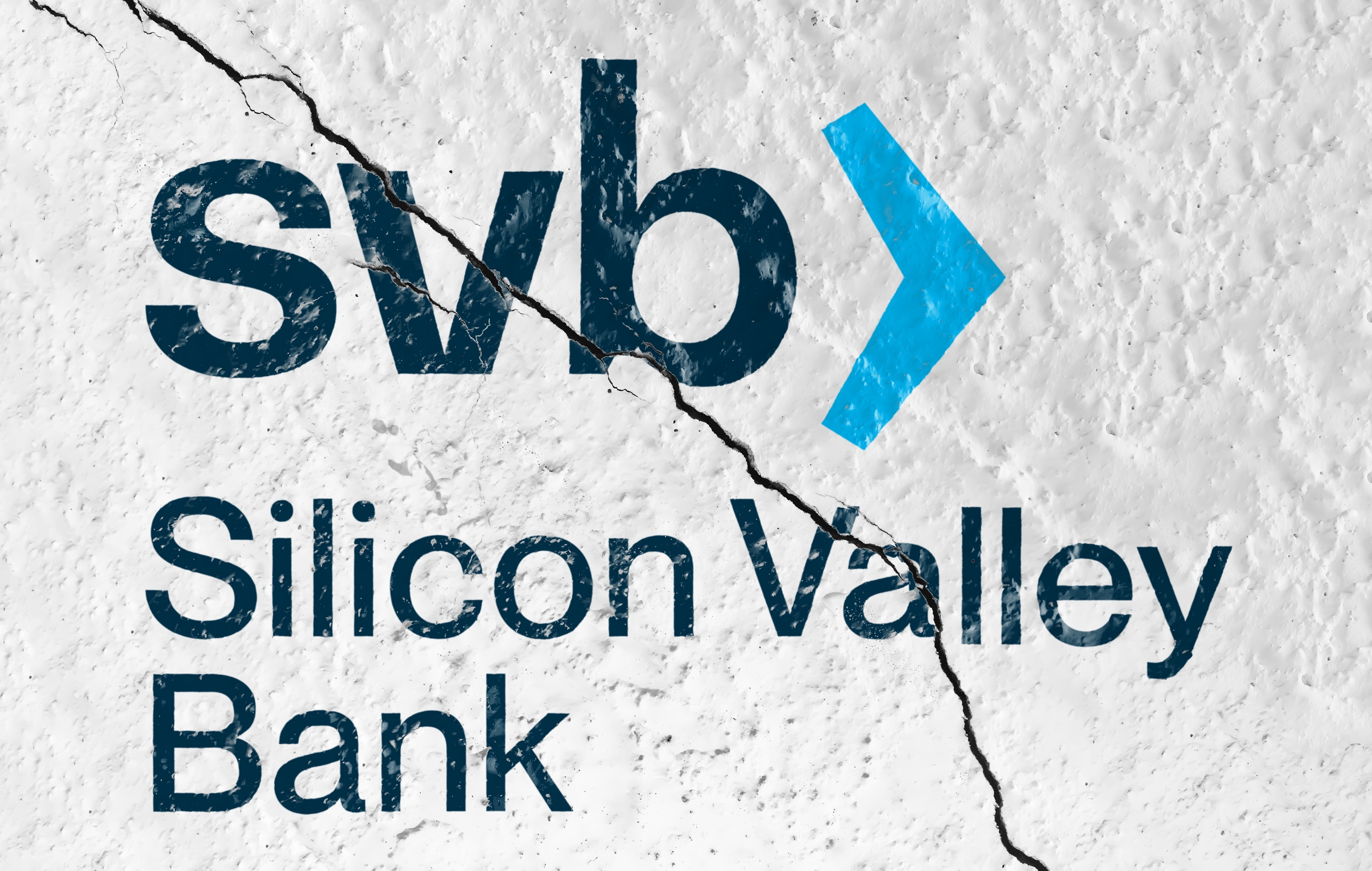March 27, 2023
What the SVB failure means for the startup ecosystem
SVB's collapse hurts startups, reducing funding and access to tailored banking services. Challenger banks and fintech companies can seize an opportunity to offer startup-specific solutions and potentially become the new go-to choice.

The financial world was shaken to its core when the Silicon Valley Bank collapsed. But no one sector will feel the impact of its demise more than the startup community.
For years, the Silicon Valley Bank had been a central player in the startup world, providing banking and financial services to entrepreneurs, venture capitalists, and technology companies alike. Its collapse will impact startups across a wide spectrum both short and long term.
The immediate impact to startups is reduced access to funding. SVB was known for providing crucial financial support to early-stage startups, often in the form of credit lines or loans. This enabled entrepreneurs to grow their businesses without having to dilute ownership prematurely. With SVB out of the picture, startups may struggle to find alternative sources of funding, ultimately slowing down their growth.
In addition to funding, SVB's collapse has left startups scrambling for alternative banking and financial services. The bank offered tailored solutions to startups, such as simplified account opening processes, lower fees, and specialized lending products. While there are other banks and financial institutions that cater to startups, none have the same depth of services and understanding of the startup ecosystem as SVB did. One of the lesser-known but highly valuable aspects of the Silicon Valley Bank was its ability to connect startups with experienced mentors and facilitate networking opportunities. Through various programs and events, SVB played a crucial role in fostering a community of entrepreneurs and investors. With its collapse, startups may find it more challenging to access this invaluable support system.
Perhaps a longer term impact of the bank’s collapse is the ripple effect on the venture capital ecosystem. Many VC firms relied on the bank for financial services and credit facilities. With SVB no longer available, these firms may face difficulties in managing their portfolios, potentially leading to a decrease in the number of investments they make in startups.
The SVB collapse has marked a turning point for the global startup ecosystem. Entrepreneurs, investors, and regulators alike must learn from this event and adapt to a new reality. Startups will need to explore alternative funding sources, while the entire ecosystem should embrace better risk management practices and more robust governance structures.
Silver Lining: New Opportunities for Challenger Banks and Fintech Companies
Although the SVB collapse presented a significant blow to the startup world, it also presents an opportunity for the entrepreneurial community to build a more resilient and sustainable future. This includes challenger banks and fintech companies that have grown rapidly in recent years, offering innovative financial services to consumers and businesses, as well as a host of new entrants with solutions aimed at filling the void left by SVB.
Some incumbents, such as Mercury, a neo bank that provides start-ups with banking and credit solutions, have already stepped up, leveraging SVB’s fall from grace to increase its FDIC insurance to $5 million by using its partner bank’s Sweep Network. This allows Mercury to spread deposits between multiple participating banks into individually insured accounts holding funds in $250,000 increments.
SVB’s absence will create an increased demand for banking and financial services tailored to the needs of startups.
Most of these opportunities fall into business banking, alternative lending, and investment fund-focused solutions. allowing new players to double down on a highly sought-after customer class that is more open to new innovative products and brings with them a treasure trove of deposits. Whether these institutions can seize this opportunity and become the new go-to choice for startups remains to be seen.
